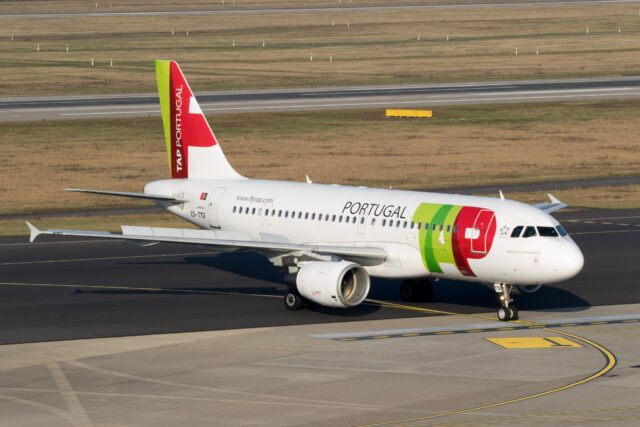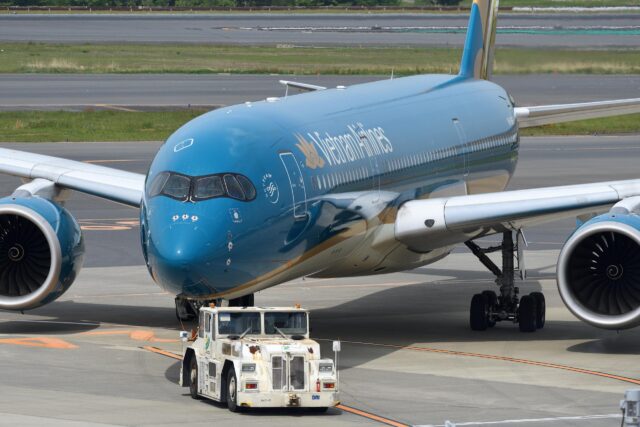Global SAF push gathers pace with new projects in India, Argentina and Indonesia

August 12, 2025

Sustainable aviation fuel (SAF) is often described as the airline industry’s most immediate tool for cutting emissions, but its adoption remains stubbornly low.
According to industry estimates, SAF accounted for just 0.3% of global jet fuel use in 2024.
To align with net-zero targets, production must grow more than 100-fold by 2050. That scale-up will require billions in investment, coordinated policy support, and a steady pipeline of viable projects; something that, until recently, has proved elusive.
Progress on sustainable aviation fuel from all corners of the world
From South America to South Asia, new facilities and investments are proving that SAF production can happen far beyond its traditional bases in Europe and North America.
In a national first, Indian Oil’s Panipat refinery has been certified to produce SAF from used cooking oil, making it the first facility in the country to do so. Dubbed “from samosa oil to jet fuel” by local media, the project aims to tap into abundant waste feedstocks, turning everyday kitchen waste into a low-carbon alternative to kerosene.

In Argentina, the state-owned oil company YPF has committed $400 million to launch Santa Fe Bio, a joint venture producing SAF from agricultural residues and waste oils. Based at the San Lorenzo refinery, the venture is designed to serve both domestic demand and export markets, positioning Argentina as a regional SAF hub.

On the other side of the world, Pertamina in Indonesia has delivered its first SAF shipment to Soekarno–Hatta Airport, produced at its Cilacap refinery using a blend of waste cooking oil and conventional jet fuel. With a production capacity of 1,400 kilolitres per day, Pertamina plans to supply 1.7 million litres to Jakarta this year, starting with a commercial Jakarta–Bali flight later this month.

Encouraging developments in SAF overshadowed by deep-rooted problems
Despite these encouraging developments, the sector is still struggling to achieve the scale needed. A recent Reuters investigation found that many SAF projects announced in recent years have been stalled, abandoned, or unable to reach a final investment decision.

Feedstock availability, high production costs, and uncertain long-term policy incentives remain major hurdles. Industry groups warn that without stable regulation and guaranteed offtake agreements, private capital will continue to view SAF as a risky bet.
New projects around the world mark real progress, both technologically and geographically. But the gap between today’s volumes and what’s needed to meet climate targets is still vast.
Without faster scaling, stronger policy frameworks, and more resilient business cases, SAF risks remaining a promising technology that never truly takes off.
















